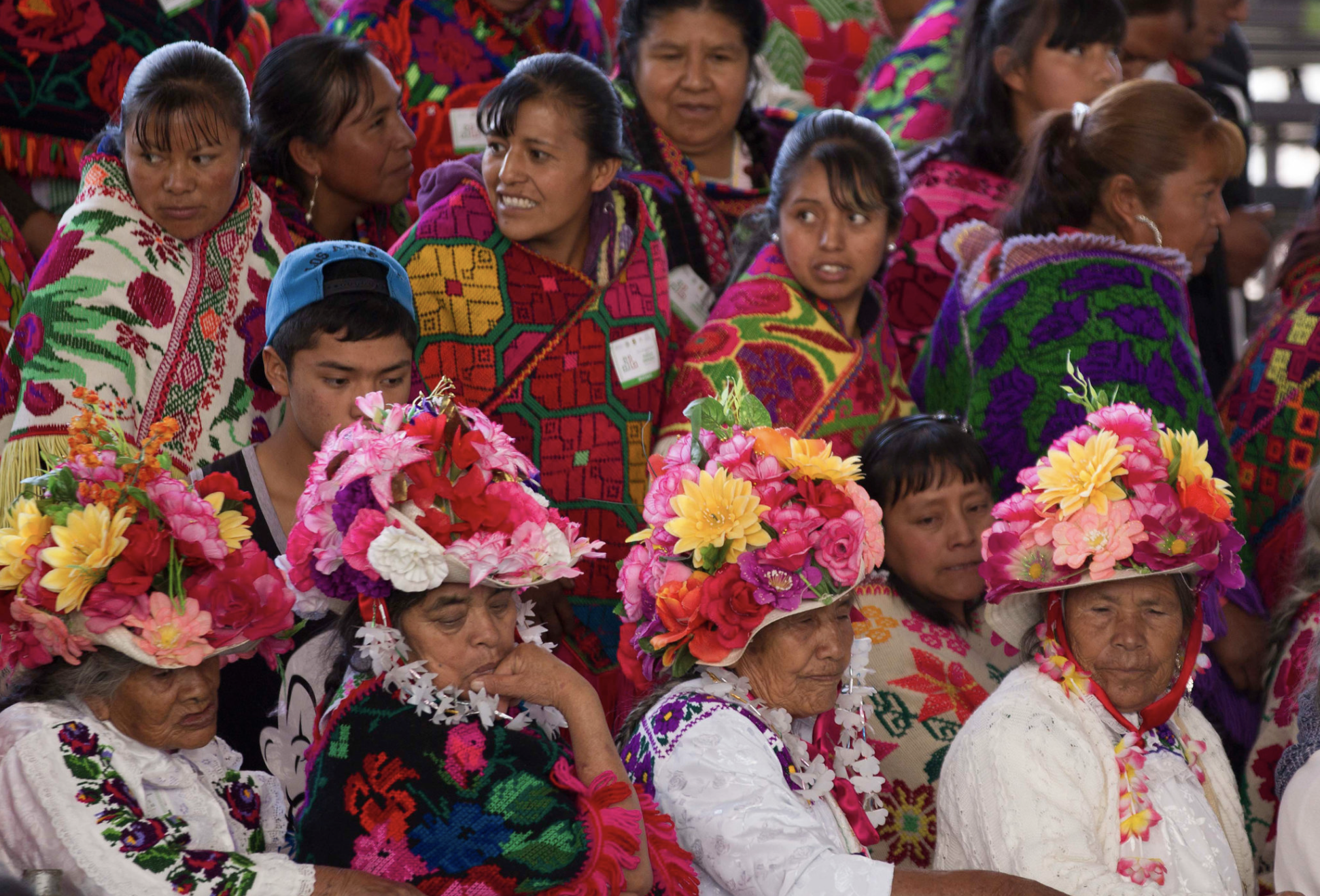“Irrecoverable Loss”: Indigenous Languages are Silently Disappearing
“Irrecoverable Loss”: Indigenous Languages are Silently Disappearing
In the International Year of Indigenous Languages, activists strive to keep cultures alive
Linguists have repeatedly warned: 40% of estimated 6,700 languages existing worldwide are desappearing. What many people don’t know, however, is that most of endangered languages are indigenous languages [1] . To draw attention on this priceless heritage, the international community has declared 2019 the International Year of Indigenous Languages. During the whole year, debates and research will be carried on, in an attempt to revitalize the international debate on this issue.
The deep impact of colonialism
But what exactly are indigenous languages and what does their preservation mean? We asked these questions to Aracely Torres Morales, an activist for indigenous languages in Oaxaca, southern Mexico.
“Indigenous languages are very ancient languages that have been transmitted from generation to generation” – says Aracely – “they are the heritage of our ancestors”. Indigenous groups are communities who were originally in a certain land before its colonization. In most cases still live there, striving to keep their traditions alive. Only in Mexico, there are 68 different indigenous languages.
Aracely goes on describing how the imposition of the Spanish colonization in Mexico, some 500 hundred years ago, marked the disappearing of many indigenous languages. This happened first and foremost in schools. Spanish colonizers prohibited the use of indigenous languages in any educational institute and severely punished those who dare breaking this rule.
This experience is not limited to Mexico; history offers countless examples of repressive linguistic policy in schools as a colonial power tool. In The Thing Around Your Neck, Chimamanda Ngozi Adichie reminds for instance of the deep effects of the imposition of English in schools in Nigerian communities, while the famous Egyptian-Palestinian writer Edward Said describes in his autobiography Out of Place how he broke colonial rules by speaking Arabic in the courtyard of his school in Cairo in the 1940s. Today, pre-colonization languages tend to disappear for other reasons. Among them, there is the discrimination of their speakers in a variety of fields, including work and every-day social interactions.
‘Cosmovision’
The value of indigenous languages however, explains Aracely, goes far beyond pure linguistics, involving culture, identity and ancestral knowledge. “In these languages we can rediscover much of our identity as indigenous people, our culture and rites and the harmony that we create with the people, the animals and the environment”, she says. “Every and each language has a different ‘cosmovision’, or vision of the world, whose disappearance would be an irrecoverable loss”.
On the contrary, indigenous populations’ long history of a tight and harmonic relationship with their land’s environment makes their cultures an invaluable resource in the era of climate change.
So what should be done in order to preserve this precious heritage? “Governments and administrations must create inclusiveness for these languages in various political, social and scientific fields, for instance through workshops, university courses and research” – answers Aracely. Then she adds: “citizens should feel entirely proud of their roots, and break dominant paradigms of collective memory. We need to make a strong call to indigenous youth to strive to recognize their roots”.
______________________________
Join us or come take a look!
We are a group of people convinced that language skills should be more valued in the job market. For this reason we created Kolimi, a platform that connects multilingual professionals to the people and business needing them, in any field of work.
Join us to find new opportunities, or follow us on Facebook, Twitter, YouTube or LinkedIn to discover new things about languages!
______________________________
References
[1] International Year of Indigenous Languages official website







